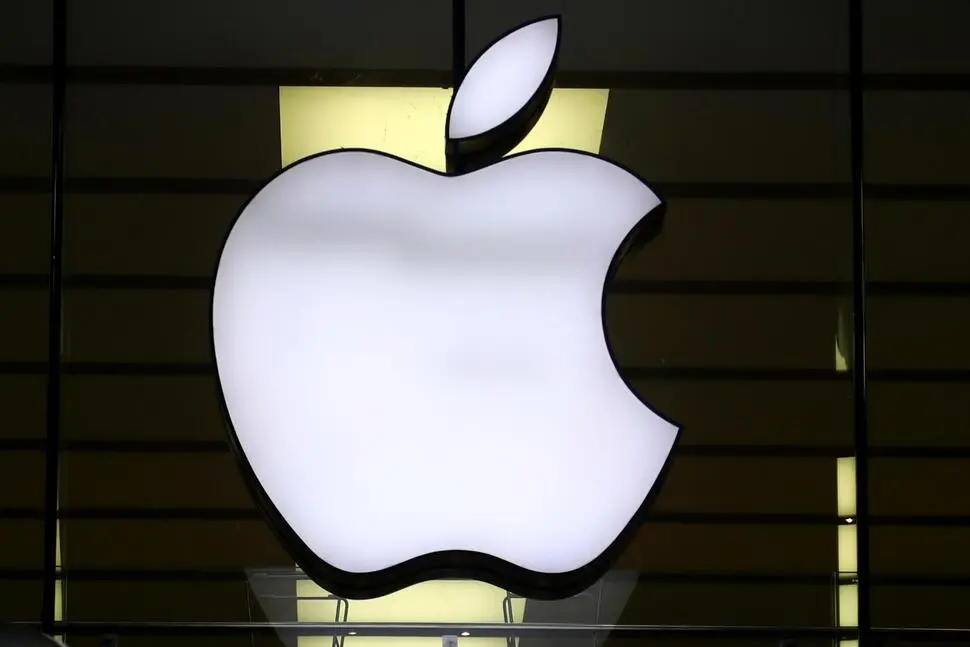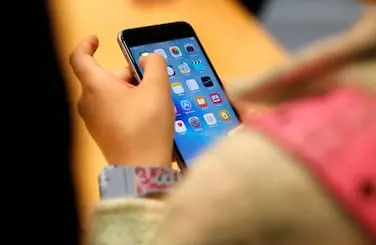Apple Faces Legal Heat: U.S. Judge Greenlights Landmark Antitrust Lawsuit
A federal judge has ruled that a sweeping antitrust case against Apple can move forward, marking a significant escalation in the legal battle over Apple’s alleged dominance in the smartphone ecosystem and app distribution market.
In a ruling that could reshape the tech landscape and redefine the boundaries of digital market control, a U. S. federal judge has allowed an antitrust lawsuit against Apple to proceed.
The case, brought by the U. S. Department of Justice and a coalition of state attorneys general, accuses Apple of monopolistic behavior that stifles competition, harms consumers, and entrenches its dominance over the mobile device ecosystem.
The decision is a major blow to Apple’s legal strategy, which aimed to dismiss the case outright. It opens the door to a courtroom showdown that could force Apple to alter how it operates its App Store, manages third-party applications, and integrates its hardware and software. The Heart of the Lawsuit
Filed in March, the DOJ's lawsuit targets Apple's allegedly anticompetitive practices, focusing primarily on the iPhone’s ecosystem.
Prosecutors argue that Apple has erected an elaborate web of restrictions designed to lock users and developers into its walled garden, thereby excluding rivals and limiting consumer choice. Specifically, the suit alleges that Apple: - Prohibits cloud gaming apps and super apps that could reduce dependence on individual App Store downloads. - Restricts non-Apple digital wallets and payment systems from functioning seamlessly on iPhones.
- Discourages interoperability with rival platforms like Android. - Impedes third-party app stores and sideloading of applications on iOS devices. The government claims these policies amount to illegal monopolization under the Sherman Antitrust Act.
Judge’s Decision and Legal Reasoning
In her 67-page opinion, U. S. District Judge Deborah L.
Thomas ruled that the DOJ and state plaintiffs had presented sufficient evidence for the case to proceed to discovery and possibly trial. While emphasizing that the outcome remains uncertain, Judge Thomas wrote that the complaint plausibly alleges Apple engaged in exclusionary conduct with anti-competitive effects. "At this stage, the plaintiffs have adequately claimed that Apple’s practices may suppress competition and consumer freedom in ways that warrant judicial scrutiny," Thomas wrote.
Apple’s attempt to dismiss the case hinged on its argument that it does not hold monopoly power and that its business decisions were aimed at protecting users from security threats and maintaining product quality. The judge acknowledged those claims but said they would be better addressed during a full trial. Apple’s Response
Apple responded swiftly, vowing to vigorously defend itself.
In a public statement, the company reiterated its long-standing argument that its integrated ecosystem offers consumers security, reliability, and innovation. “This lawsuit threatens who we are,” Apple said. “We design our products to work seamlessly together to create the best user experience.
That’s not a monopoly — it’s smart engineering. ”
The company also warned of broader consequences, arguing that forcing Apple to open its platform could endanger consumer privacy and security, flood the App Store with harmful content, and compromise its ability to deliver a consistent user experience. Industry Reactions and Tech Implications
The judge’s decision to let the case proceed has sent ripples through Silicon Valley and beyond.
Competitors like Spotify, Epic Games, and others — all of whom have previously locked horns with Apple over its platform policies — praised the ruling. “We’ve long said that Apple uses its platform control to tilt the playing field,” said a spokesperson for Spotify. “Today’s ruling validates the need for transparency and competition in digital markets.
”
For tech analysts, the lawsuit is the most serious antitrust threat Apple has faced in the United States. If the government prevails, Apple could be forced to allow third-party app stores, reduce the App Store commission structure, or even break off certain businesses. “Apple has enjoyed near-total control over the mobile app economy for more than a decade,” said Amanda Li, a senior analyst at TechPolicy Watch.
“This case could fundamentally change how iPhones operate and how developers access users. ”
A Broader Pattern of Antitrust Enforcement
The lawsuit is part of a larger campaign by U. S.
regulators to rein in the power of Big Tech. Similar antitrust cases are currently underway against Google (for digital advertising dominance and search monopolization), Amazon (for alleged anti-competitive treatment of sellers), and Meta (for acquisition strategies deemed anti-competitive). Unlike past decades, when regulators often took a more hands-off approach to Silicon Valley, the current wave of enforcement reflects growing bipartisan concern over the influence and market power of tech giants.
Apple’s market cap recently surpassed $3 trillion, and it remains one of the most profitable and influential companies in the world. Consumer Perspective: Walled Garden or Safe Haven?
Public opinion remains divided. Many Apple users praise the company’s tight integration of hardware and software, citing a user experience that is seamless, fast, and secure.
But critics argue that convenience comes at the cost of freedom and choice. The DOJ argues that Apple’s restrictions mean consumers pay more for apps and services, have fewer innovative choices, and face significant switching costs if they ever try to leave the Apple ecosystem. For example, transferring data, contacts, and app subscriptions from an iPhone to an Android device can be technically challenging — a design feature that critics say is intentional.
“Apple has created digital handcuffs for users and golden cages for developers,” said Assistant Attorney General Jonathan Kanter, who is leading the case. “This lawsuit aims to restore competition and innovation to the mobile ecosystem. ”
The Road Ahead: Discovery, Trial, and Settlement?
With the judge’s ruling, the case will now move into the discovery phase, during which both sides will exchange evidence, take depositions, and prepare for trial.
Legal experts expect a prolonged and hard-fought battle, possibly extending into 2026 or beyond. Apple will likely continue to challenge the case on procedural grounds while also trying to sway public opinion. The company has hired top legal talent and may attempt to reach a settlement, though insiders suggest Apple is reluctant to accept any conditions that would significantly disrupt its business model.
The Department of Justice, for its part, appears committed to pursuing the case to the fullest. Recent comments from officials suggest they view Apple’s practices as a test case for broader efforts to limit corporate gatekeeping in the digital age. Potential Outcomes and Global Ramifications
If Apple loses, the court could impose structural or behavioral remedies.
These could include: - Forcing Apple to allow sideloading of apps from outside the App Store. - Mandating interoperability with rival platforms. - Requiring transparency in App Store algorithmic rankings.
- Lowering or restructuring commission fees. Globally, regulators in Europe, India, Japan, and South Korea are also increasing scrutiny of Apple’s platform. A loss in U.
S. court could embolden foreign regulators to take stronger action or coordinate with U. S.
agencies. Conclusion: A Tech Titan on Trial
The ruling marks a watershed moment in the ongoing global reckoning with the power of Big Tech. For Apple, a company that has built its brand on control, elegance, and exclusivity, the courtroom challenge strikes at the heart of its identity.
Whether Apple’s ecosystem is a fortress of innovation or a monopoly that stifles it will now be decided in court. As the case unfolds, it may set the tone not just for Apple’s future — but for the rules that govern the digital economy in the 21st century.




